Change Is Hard But Staying Somewhere You Don't Belong To Will Destroy You

Change is hard but staying somewhere you don't belong to will destroy you
More Posts from Collegeminifridge and Others
u survive literally every single event in your life & still every time a new event happens you feel like this is the event that will kill you and that you will never move on from but actually you will continue to survive like you always have bc u have a 100% win rate of surviving events. btw
Writing a poem is not so very different from digging a hole. It is work. You try to learn what you can from other holes and the people who dug before you. The difficulty comes from people who do not dig or spend time in holes thinking that the holes ought not to be so wet, or dark, or full of worms. “Why is your hole not lined with light?” Sir, it is a hole.
Heather Christle, The Crying Book
Sorry for infodumping about my special interest out of nowhere, you said a keyword and it activated my unskippable dialogue

Alice Walker, from “Even As I Hold You”, Her Blue Body Everything We Know: Earthling Poems 1965-1990
Where to start as a beginner writer
Are you new to the world of writing? Here are some pointers to consider when starting out your journey!
Define your purpose
A super important first step for any writer is to ask themselves why they are actually writing. What sort of message do you want to put out into the world, what types of stories are you going to tell? Do you want to make people cry, laugh, do you want to inspire them, do you want to shine a torch on important issues, do you want to thrill them or make them feel good?
Familiarize yourself with character arcs
Before plot, there is character! Character arcs are a great way to get yourself started on your writing journey. Learn about internal conflict, misbelief, positive and negative arcs, backstories... Once you know this, the plotting side of things clicks into place much easier.
Understand the basics of story structure
You do not need to be a plot-genius to write a good book. As long as you have a good grasp on your character arcs, and a basic understand of how a story is structured, you’re good to go! It’s great to read about 3-act, 5-act, hero’s journey, and other structures on examples of books you’ve read or films you’ve seen.
Read in your genre
Cannot stress this enough! Every writer should be a reader. It’s so important to read within and outside of your genre, because reading is the best way to learn and grow and improve.
Don’t be afraid to write whatever comes to mind
All writers get stuck into certain parts of their writing, and we all become victims of perfectionism or procrastination one way or another. Don’t let this be a thing to discourage you. What’s important to know about writing is that the more you do it, the more you will improve. So even if you’re writing something for fun, or you’re not entirely happy with the quality, know that actually writing it will help you more than avoiding it.
Did you know I have a free novel plan to get you started on your writing journey?
You can grab it through the [link here] or below!









"No! It wouldn't be funny at all."
my first favorite hobby is yapping. second is being extremely quiet and not talking ever at all ever.

infinity on high 💫
Challenge: Write for 10 Minutes Every Day for a Week
It’s a common misconception that a daily writing habit takes a huge amount of time and effort to maintain. It doesn’t.
With the right tools and systems in place, it can be as leisurely as a walk in a park. You don’t have to lose sleep over it. You don’t have to chain-smoke cigarettes. You don’t have to quit your job and move into the woods to do it.
I’m not sure what is causing this sentiment — perhaps memories from when you joined NaNoWriMo and tried writing thousands of words daily (or a similar push to hit a crazy deadline). While it can work for some, most writers don’t write thousands of words every day like that.
This week, I want to challenge you to write for just ten minutes every day. There’s no daily word count goal. If you sit there for ten minutes and nothing comes out, that’s a success too.
From Dreamer to Writer
Hang on a second. How can you get anything done with just ten minutes per day? I’m glad that you asked!
If you stick to it, you’ll write for just over an hour per week, five hours per month and 60 hours per year. According to my writing stats, I average about 1,500 words per hour. That’s 90,000 words per year. I’m not a particularly fast writer, but even if you did half of that, you’re still in the 50,000 words/year range.
That’s a lot of words, considering you’re only writing for 10 minutes a day. But there’s more.
Occasionally, you’ll be in the mood for writing. Your ten minutes fly past, and you’re nowhere near done. Maybe you write for 30 minutes, perhaps an hour, working on an exciting chapter of your story.
The words add up faster than you think.
The Challenge
Starting today, write for at least ten minutes per day for a week. You may work on your current WIP, write a short story, blog post or journal.
There’s no word goal. As long as you sit down to write, it’s a success!

I set up a challenge in Writing Analytics if you’d like to join:
https://app.writinganalytics.co/challenge/647f2785e7b6ddfbda265635
One great thing about WA is that you can set and track time goals for your writing sessions. That makes it super easy to build a writing habit like that:

Happy writing!
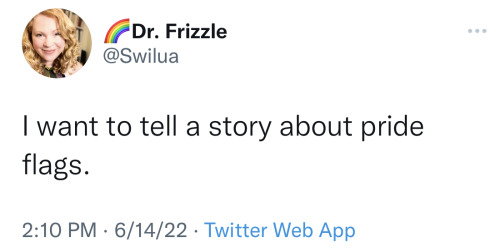
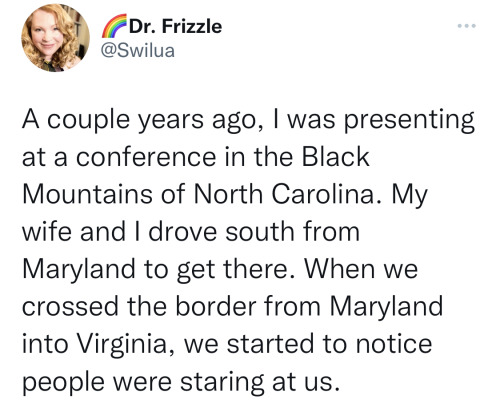
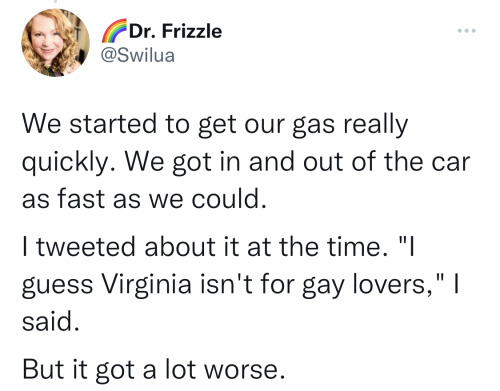
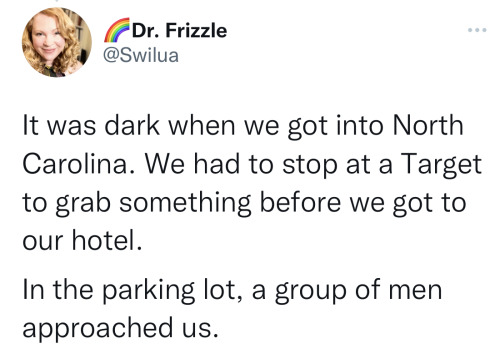
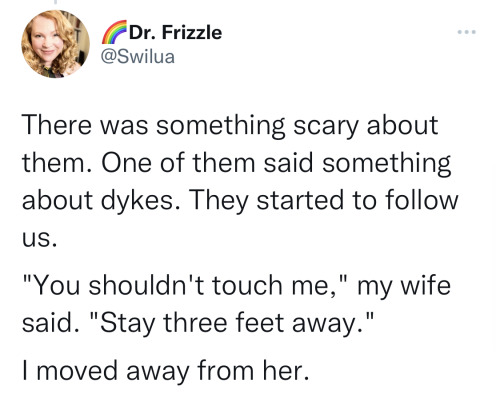
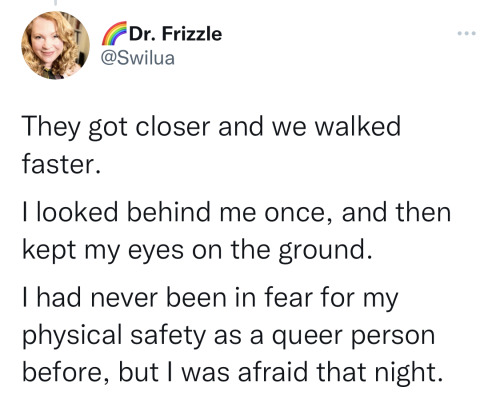
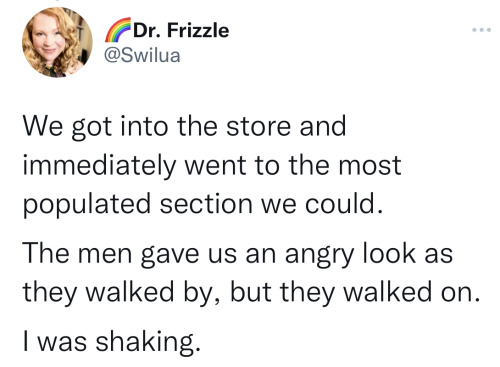
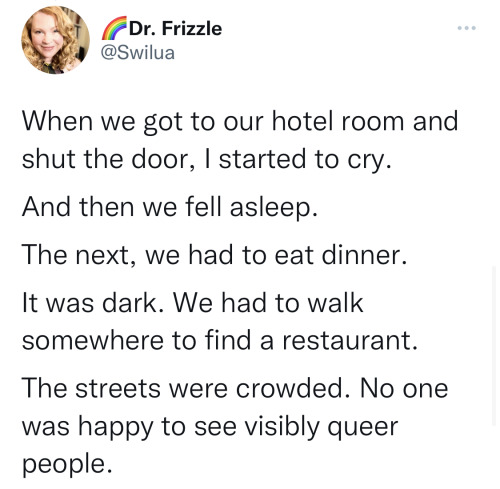
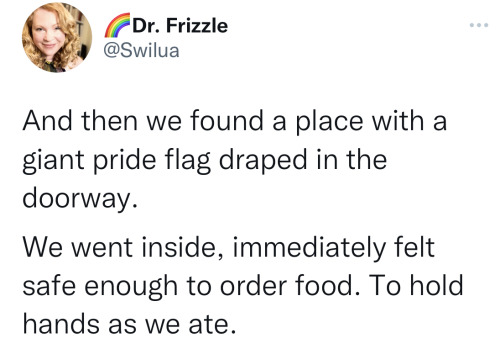







-
 griot liked this · 1 month ago
griot liked this · 1 month ago -
 batanglikenanglike liked this · 1 month ago
batanglikenanglike liked this · 1 month ago -
 ghazal7777 liked this · 1 month ago
ghazal7777 liked this · 1 month ago -
 uwusoftgayuwu reblogged this · 1 month ago
uwusoftgayuwu reblogged this · 1 month ago -
 uwusoftgayuwu liked this · 1 month ago
uwusoftgayuwu liked this · 1 month ago -
 psychicphilosopherpoetry reblogged this · 1 month ago
psychicphilosopherpoetry reblogged this · 1 month ago -
 psychicphilosopherpoetry liked this · 1 month ago
psychicphilosopherpoetry liked this · 1 month ago -
 youniverse7 liked this · 1 month ago
youniverse7 liked this · 1 month ago -
 aram22 liked this · 1 month ago
aram22 liked this · 1 month ago -
 biekchen liked this · 1 month ago
biekchen liked this · 1 month ago -
 x-marmoris-x reblogged this · 1 month ago
x-marmoris-x reblogged this · 1 month ago -
 missmiree reblogged this · 1 month ago
missmiree reblogged this · 1 month ago -
 sturniqloo reblogged this · 1 month ago
sturniqloo reblogged this · 1 month ago -
 tomlinsonfanatic reblogged this · 1 month ago
tomlinsonfanatic reblogged this · 1 month ago -
 slxy1ng07 liked this · 1 month ago
slxy1ng07 liked this · 1 month ago -
 coffeecub reblogged this · 1 month ago
coffeecub reblogged this · 1 month ago -
 extrovertier-t reblogged this · 1 month ago
extrovertier-t reblogged this · 1 month ago -
 that-ghostboy liked this · 1 month ago
that-ghostboy liked this · 1 month ago -
 2beth1nn liked this · 1 month ago
2beth1nn liked this · 1 month ago -
 terbearshifts liked this · 1 month ago
terbearshifts liked this · 1 month ago -
 darkangelchronicles reblogged this · 1 month ago
darkangelchronicles reblogged this · 1 month ago -
 darkangelchronicles liked this · 1 month ago
darkangelchronicles liked this · 1 month ago -
 microwavestim liked this · 1 month ago
microwavestim liked this · 1 month ago -
 ironrea reblogged this · 1 month ago
ironrea reblogged this · 1 month ago -
 ironrea liked this · 1 month ago
ironrea liked this · 1 month ago -
 make-m3-bleed reblogged this · 1 month ago
make-m3-bleed reblogged this · 1 month ago -
 evoletahxes reblogged this · 1 month ago
evoletahxes reblogged this · 1 month ago -
 evoletahxes liked this · 1 month ago
evoletahxes liked this · 1 month ago -
 idiotwitch1 reblogged this · 1 month ago
idiotwitch1 reblogged this · 1 month ago -
 2cutieforyu liked this · 1 month ago
2cutieforyu liked this · 1 month ago -
 dezzylulu reblogged this · 1 month ago
dezzylulu reblogged this · 1 month ago -
 val-s-mad liked this · 1 month ago
val-s-mad liked this · 1 month ago -
 jalisiencejen3 reblogged this · 1 month ago
jalisiencejen3 reblogged this · 1 month ago -
 nowhere-x-girl reblogged this · 1 month ago
nowhere-x-girl reblogged this · 1 month ago -
 smsunshine8 reblogged this · 1 month ago
smsunshine8 reblogged this · 1 month ago -
 gargoylethegrey liked this · 1 month ago
gargoylethegrey liked this · 1 month ago -
 bob5777 reblogged this · 1 month ago
bob5777 reblogged this · 1 month ago -
 bob5777 liked this · 1 month ago
bob5777 liked this · 1 month ago -
 balance0101 liked this · 1 month ago
balance0101 liked this · 1 month ago -
 jul81 liked this · 1 month ago
jul81 liked this · 1 month ago -
 mrszimmerman24 liked this · 1 month ago
mrszimmerman24 liked this · 1 month ago -
 korinaruffino liked this · 1 month ago
korinaruffino liked this · 1 month ago -
 perfdimension reblogged this · 1 month ago
perfdimension reblogged this · 1 month ago -
 per-hapsss reblogged this · 1 month ago
per-hapsss reblogged this · 1 month ago -
 per-hapsss liked this · 1 month ago
per-hapsss liked this · 1 month ago -
 im-tired-404 liked this · 1 month ago
im-tired-404 liked this · 1 month ago -
 sunshinesafety reblogged this · 1 month ago
sunshinesafety reblogged this · 1 month ago -
 calumsint liked this · 1 month ago
calumsint liked this · 1 month ago -
 heart-like-a-grave liked this · 1 month ago
heart-like-a-grave liked this · 1 month ago
